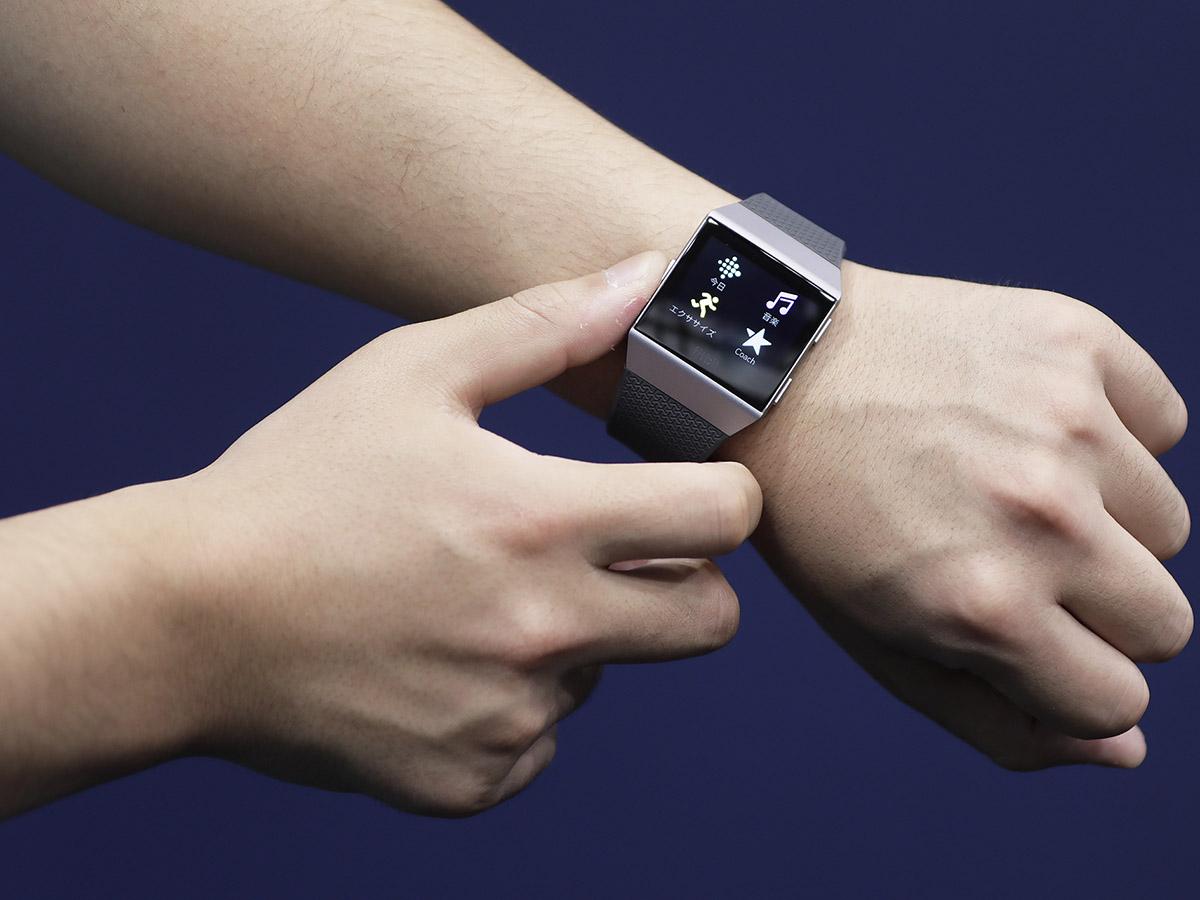27%
Decline in second quarter smartwatch revenue
| Market cap | $953.29m |
| Forward P/E | -14.19 |
| EPS (TTM) | -0.54 |
| Return on Equity (TTM) | -20.65% |
Fitbit share price vitals, Yahoo finance, 9 October 2019
Apple dominates smartwatch market
While there’s been no official announcement about who the potential buyer could be, there are rumours circulating that Alphabet [GOOGL] could be a contender with its new operating system Kai, as well as the new Soli chip that can track motion on a microscopic scale.
But with such a long line of failed wearable products from companies such as Nike [NKE], Microsoft [MSFT] and Intel [INTC], is it a flailing market?
Not for Apple. The company has seen massive growth in its wearables business, which grew more than 50% in Q3 2019 and is now the size of a Fortune 200 company. But Apple acquiring Fitbit is not something Robert Lehar thinks is likely.
“Acquiring Fitbit for its trackers would be akin to buying Apple’s iPod business - a legacy business with no future,” Lehar writes on Seeking Alpha. “The smartwatch segment of the wearables market is then basically the Apple Watch market with others fighting over the less profitable or downright unprofitable lower-end of the market.”
“Acquiring Fitbit for its trackers would be akin to buying Apple’s iPod business - a legacy business with no future” - Robert Lehar on Seeking Alpha
Ultimately, Fitbit is a small company with a market cap of just $973m (as of 7 October) that has struggled to innovate its product cycles. Since floating on the New York Stock Exchange in June 2015, its stock has fallen more than 87% from its $20 offering price and currently trades around the $3.73 mark.
The stock has a consensus hold rating among 10 analysts on Reuters, with 22.97 million shares being shorted as of 13 September.
Disclaimer Past performance is not a reliable indicator of future results.
CMC Markets is an execution-only service provider. The material (whether or not it states any opinions) is for general information purposes only, and does not take into account your personal circumstances or objectives. Nothing in this material is (or should be considered to be) financial, investment or other advice on which reliance should be placed. No opinion given in the material constitutes a recommendation by CMC Markets or the author that any particular investment, security, transaction or investment strategy is suitable for any specific person.
The material has not been prepared in accordance with legal requirements designed to promote the independence of investment research. Although we are not specifically prevented from dealing before providing this material, we do not seek to take advantage of the material prior to its dissemination.
CMC Markets does not endorse or offer opinion on the trading strategies used by the author. Their trading strategies do not guarantee any return and CMC Markets shall not be held responsible for any loss that you may incur, either directly or indirectly, arising from any investment based on any information contained herein.
*Tax treatment depends on individual circumstances and can change or may differ in a jurisdiction other than the UK.
Continue reading for FREE
- Includes free newsletter updates, unsubscribe anytime. Privacy policy





